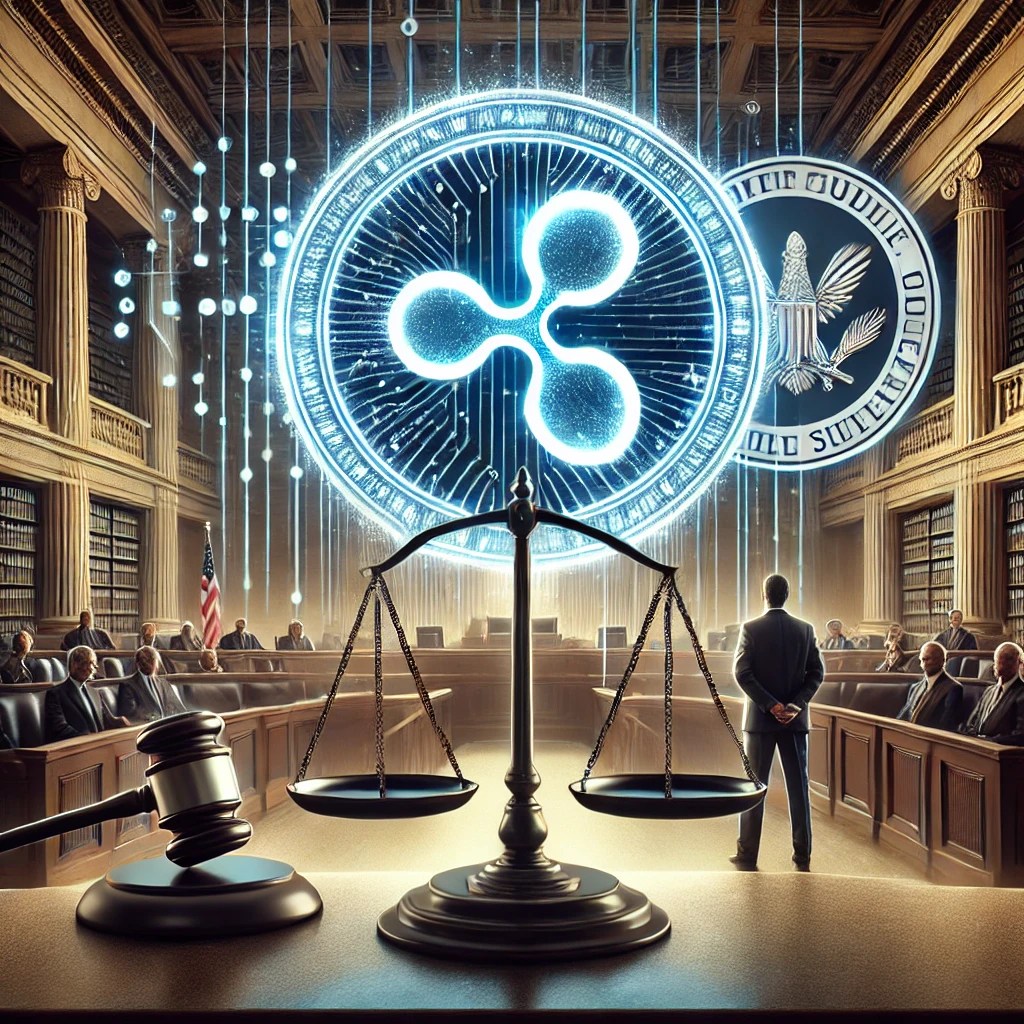The long-running legal battle between Ripple and the US Securities and Exchange Commission (SEC) ended (at least for now) following Judge Analisa Torres’ recent ruling awarding a $125 million penalty against the crypto firm. The verdict will have a massive impact on both parties, while an appeal from both sides is also on the cards.
What Next For Ripple And The SEC
Ripple will have to pay the SEC a $125 million fine for violating securities laws. This violation resulted from the firm’s sale of XRP to institutional investors without first registering these transactions as investment contracts. Last year, Judge Torres ruled that Ripple violated securities laws through its institutional sales, although she declared that XRP isn’t a security in itself.
Based on the rulings, this case, which began in December 2020, is more of a win for Ripple than for the SEC. Although Ripple will have to pay the SEC $125 million, the penalty is well below the $2 billion the Commission initially proposed. Ripple proposed a penalty of $10 million, but the crypto firm will have no problem paying the $125 million.
During an interview with CNBC, Ripple’s Chief Legal Officer (CLO) Stuart Alderoty indicated that his firm intends to pay the $125 million and move on with their business as soon as possible. The court order mandates Ripple to pay this fine within thirty days. However, Alderoty didn’t state exactly when the payment would be made other than confirming that it would be made from their balance sheet.
Besides the $125 million penalty, it is worth mentioning that Judge Torres also awarded an injunction against future violations. Like the civil fine, this injunction is also deemed straightforward and does not pose a problem for Ripple, as Alderoty described it as an “obey the law injunction.”
Patrick Daugherty of Foley and Lardner highlighted how the injunction order didn’t provide “real guidance” for Ripple as Judge Torres didn’t stipulate whether Ripple violated securities laws with its On-Demand Liquidity (ODL) service. The Judge only stated that the ODL service may come close to violating federal securities laws.
An Appeal Is Still Possible
An appeal is still possible, as both parties can do so within 60 days of the ruling’s publication. Ripple’s appeal will likely border on the ruling regarding its institutional sales, while the SEC’s appeal will border on Judge Torres’ ruling on Ripple’s secondary sales. Alderoty suggested that Ripple has no intention to appeal, as he claimed that the firm sees Judge Torres’ recent ruling as the finality of the case.
Ripple’s CEO Brad Garlinghouse also seemed content with the ruling, based on an X (formerly Twitter) post he made following it, which he described as a “victory for Ripple, the industry and the rule of law.” On the other hand, the SEC’s statement following the ruling suggested that the Commission also doesn’t intend to file an appeal.
Interestingly, Alderoty mentioned there should be no appeal if the SEC is a “rational actor” and if this administration is serious about hitting the “reset” button on crypto. However, an attorney who spoke to CoinDesk is convinced that the Commission will appeal Judge Torres’ ruling that secondary sales aren’t investment contacts, which is a “bad precedent” for the regulator.
Featured image created with Dall.E, chart from Tradingview.com
